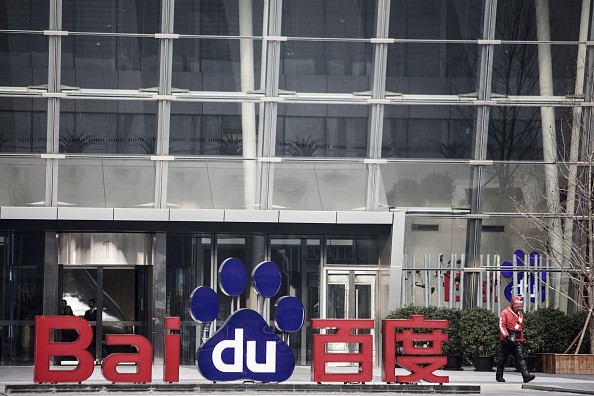China's government is now accelerating the country's contributions to artificial intelligence to beat U.S.-based companies that are dominating the field. According to a post on Baidu's Chinese WeChat Account, China’s National Development and Reform Commission will fund the company to develop a national deep-learning research lab.
The company will work with Beihang and Tsinghua universities as well as other Chinese research institutions. Specific details regarding the amount of funding were not disclosed.
The laboratory will be a digital network of researchers working on problems from their respective locations. Their research will focus on human-computer interaction, computer vision, biometric identification and intellectual property rights.
Baidu is assigning Lin Yuanqing and Xu Wei as the head of its Deep Learning institutes. Two representatives from the China Academy of Scientists will also join the laboratory.
Although the U.S. is not mentioned in Baidu's social media post, its chief scientist Andrew Ng has been vocal about the accelerated AI growth of China compared to the U.S.
Ng tweeted that the rise of China’s AI research community was “astonishing." He justified this with a citation of a 2017 statistic which indicates that the Association for the Advancement of Artificial Intelligence accepted more papers made by Chinese authors compared to American authors.
“There are many occasions of something being simultaneously invented in China and elsewhere, or being invented first in China and then later making it overseas. But then U.S. media reports only on the US version. This leads to a misperception of those ideas having been first invented in the U.S.," said Ng.
As companies all over the world compete to plant their own flags on technological advancements, Ng's view can be contentious.
Ng tweeted last December, claiming that China is the first one who developed neural-network based translation. He was responded by Facebook's head of AI research Yan Lecun, asking what he meant by claiming that China developed a now-widespread product.
Ng replied: "I meant widespread adoption, backpedaling and noting that earlier research has been conducted by Canadian researcher Yoshua Bengio and others."



























